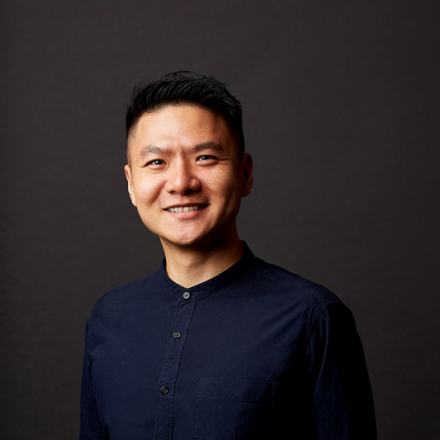Intermediaries rising: the ascent of art intermediary organisations in Malaysia during the years of the National Creative Industries Policy
Malaysia’s first-ever National Creative Industries Policy (DIKN) was launched in 2010, providing a much-needed boost to the country’s creative sector. The policy aimed to increase the creative industries’ share of the country’s gross domestic product (GDP), thereby achieving its mission to deliver Malaysia into a high-income economy nation by 2020. With the help of the newly created government agency PEMANDU and its Economic Transformation Programme (ETP) strategy, various facilitated workshops were held with the private sector to get feedback and their buy-in on projects which will improve the country’s economy. PEMANDU called these projects a public-private partnership where they will be ‘private sector-led, government facilitated’. Funds from both government and private sector were made available to finance these projects.
Around the same time, the performing arts sector in Malaysia saw the rise in popularity of organisations working in the arts to mediate between the government and the sector. These intermediaries claimed to improve the performing arts sector by lobbying the government for better support, organising fundraising events to encourage corporate giving, enabling knowledge exchange with international peers, and much more. Two intermediaries in particular, were seen to be working very closely with the National Department for Culture and Arts (JKKN) during the years of the DIKN to organise festivals, administer grants and facilitate international collaborative projects. These projects and funding benefitted the arts sector, leading to what some would call a windfall for the arts.
However, the working relationship between these intermediaries and JKKN is not always clear to performing arts practitioners on the ground. This thesis argues that the rise of these intermediary organisations is directly correlated to the implementation of the DIKN and will do so by examining and clarifying the roles and functions of these organisations in relation to the DIKN, JKKN, the PEMANDU programme, and the wider performing arts sector.






